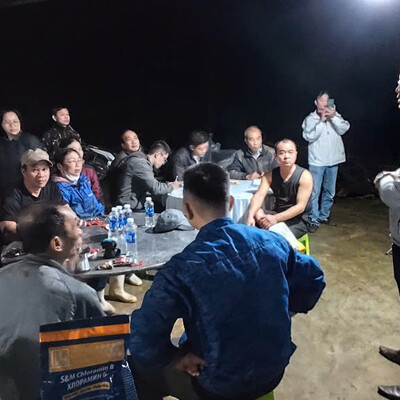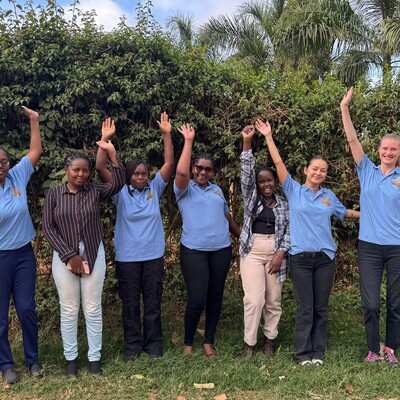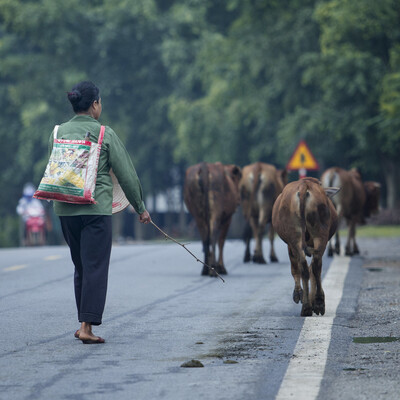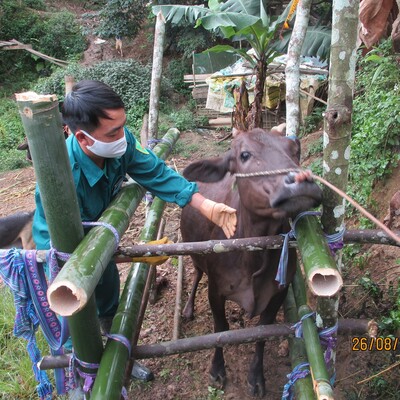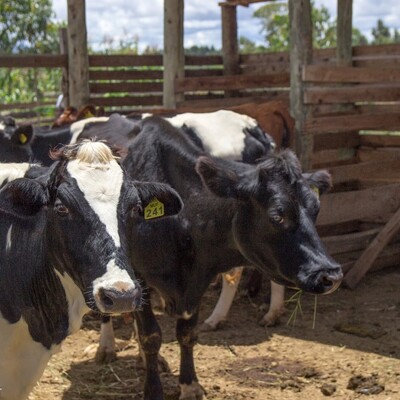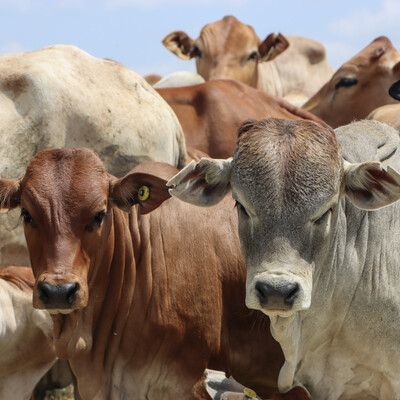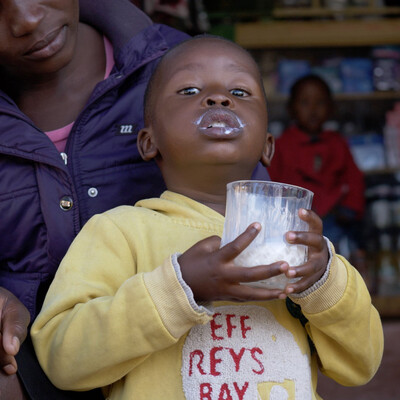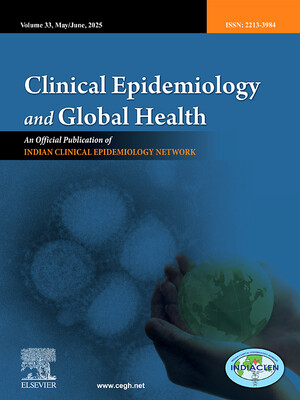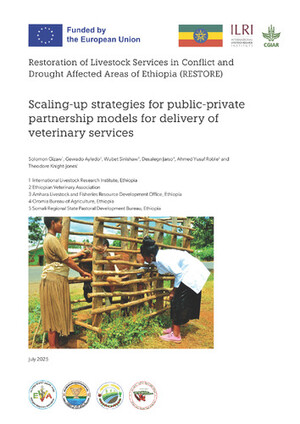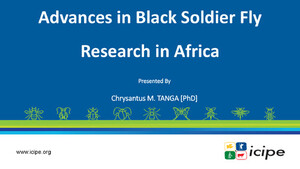
Enhancing participatory approaches to strengthen animal disease surveillance in Mongolia
Mongolia, a country known for its vast landscapes and nomadic herding traditions, recently hosted a two-day workshop and consultation in Ulaanbaatar to explore and enhance participatory approaches in animal disease surveillance. The event, held on 7-8 June 2023, brought together a diverse group of stakeholders involved in implementing participatory disease surveillance (PDS) in the country.
Organized by the International Livestock Research Institute (ILRI) and the Mongolian University of Life Sciences (MULS), the workshop evaluated the progress made in participatory disease surveillance and control activities in the country since a collaboration between the two organizations started work with government and national and private partners in 2018.

Thirty participants including representatives from the United States Agency for International Development (USAID), the Ministry of Food, Agriculture, and Light Industry (MOFALI), the General Agency for Veterinary Services (GAVS), the Mongolian Association of Herders and Infectious Diseases Surveillance (MAHIS), and the Food and Agriculture Organization of the United Nations (FAO) attended the event. They were joined by PDS practitioners from eight provinces in Mongolia, as well as experts from the Ulaanbaatar Veterinary Service Department, the Veterinary Research Institute (VRI), the Wildlife Conservation Society (WCS), and the Livestock Commercialization Project (LCP).
The workshop featured a series of engaging presentations and discussion including on the structure and system of the veterinary sector in Mongolia, the institutionalization of participatory disease surveillance in the country, and the establishing of a disease early warning, alert, and response (EWAR) system. Participants also discussed the roll out of pilot project on participatory disease surveillance (PDS) at MAHIS and shared insights on the design of a related evaluation study.
One of the highlights of the workshop was a disease evaluation criterion that was presented by a team of experts from ILRI and MULS. The evaluation criteria fit the disease management guidelines from the Organisation for Economic Co-operation and Development (OECD) Development Assistance Committee (DAC) and reflects the Mongolian context. It has also been translated into Mongolian for use by provincial authorities.
Specialists, consultants and the evaluation team from the PDS project target provinces shared their experiences and lessons on the second day of the workshop. The representatives from the provinces have helped in translating and discussing the evaluation criteria, providing insights and local perspective to improve the tool.
The translated tool was tested among the participants at the workshop and their opinions on the translated questions were recorded to help in further improving it. Two questions were added to the evaluation criteria focusing on the integration of participatory disease activities into organizational plans and budgets.
Participants also reviewed the guidelines for conducting focus group discussions (FGD) with herders and they shared success stories of PDS implementation in Mongolia. They proposed integrating One Health components that are relevant to herders and communities, such as zoonotic diseases, chemical hazards, and feed issues in the tool and overall project.
This consultation and revised tool will enhance Mongolia's disease surveillance system. By involving diverse stakeholders and sharing experiences, the county’s health authorities are also moving toward effective and sustainable measures that apply One Health for comprehensive and holistic disease surveillance and control.






